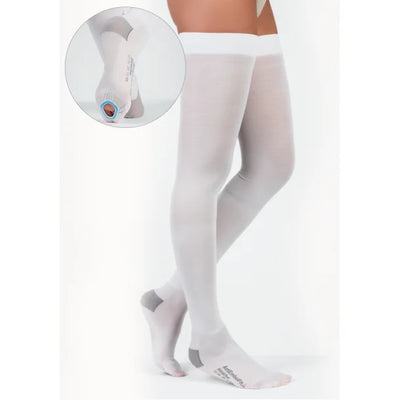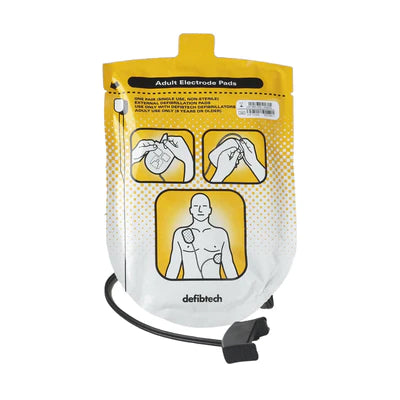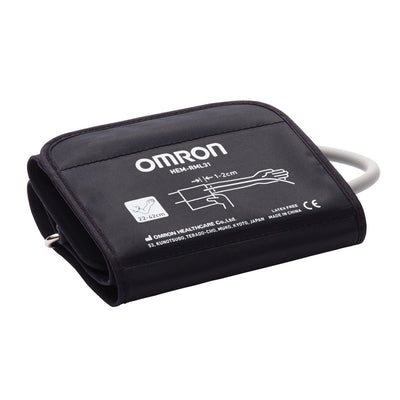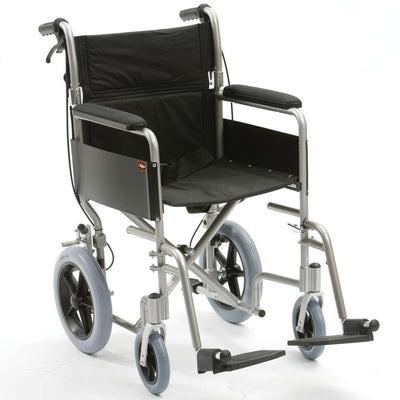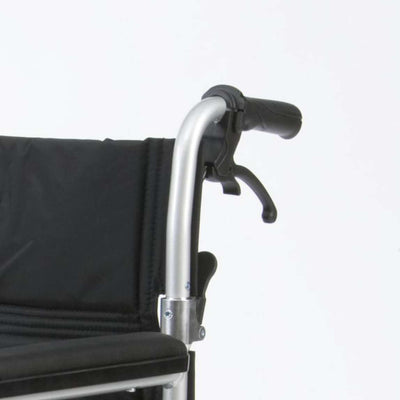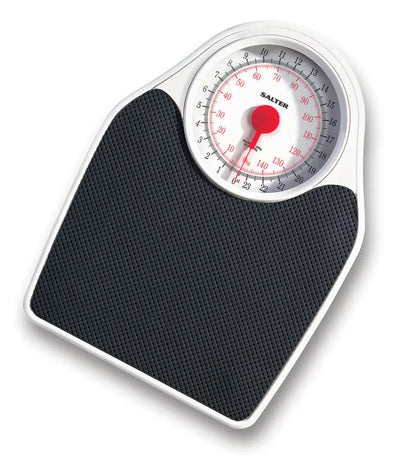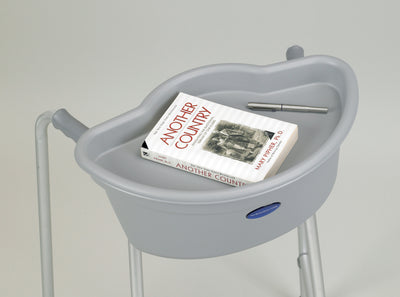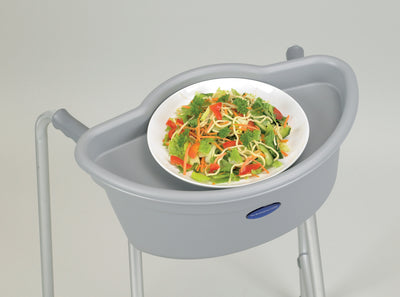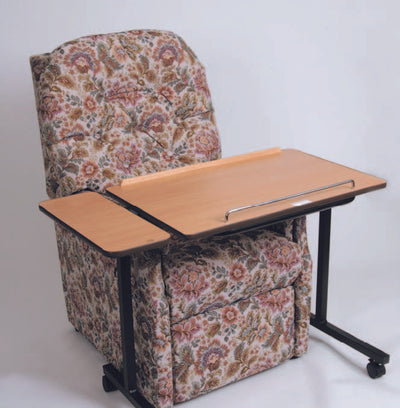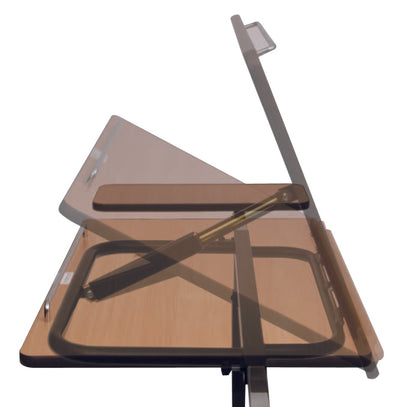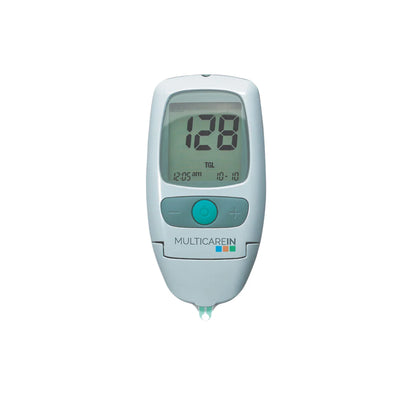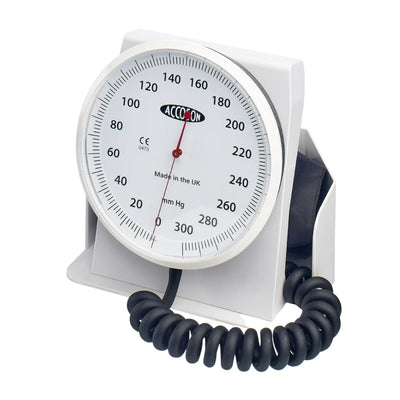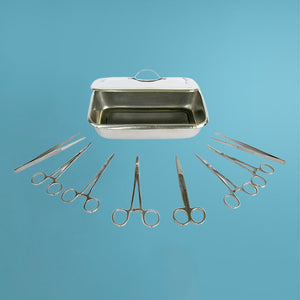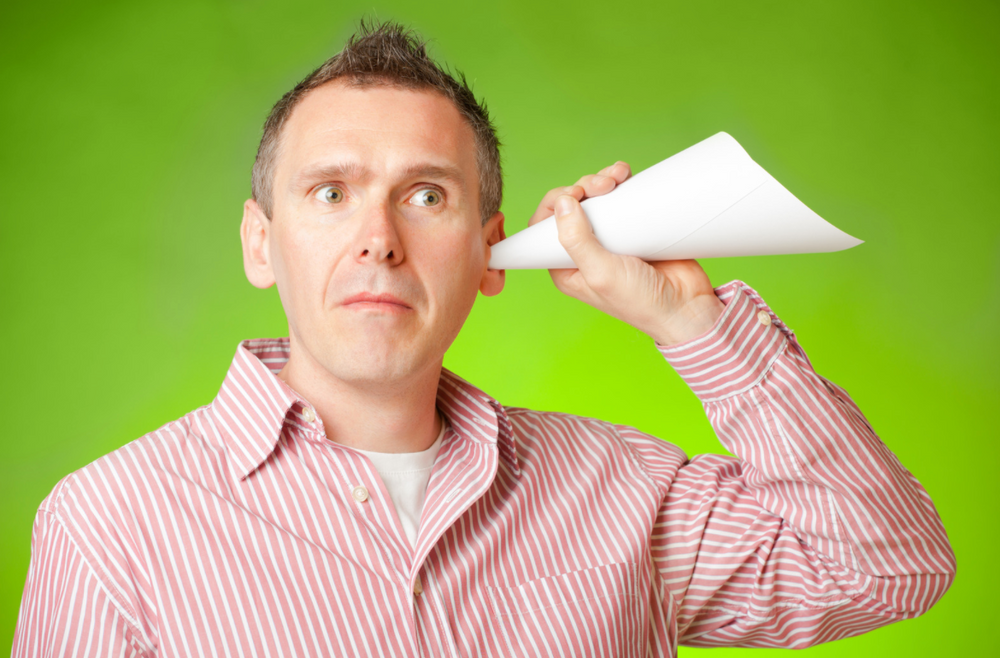It’s Deaf Awareness Week here in the UK. According to Age UK figures, around 40% of people over the age of 50 in the UK have some form of hearing loss. Yet many of us will live for months or even years with our hearing deteriorating without seeking help. So, today we’re taking a look at why our hearing starts to deteriorate as we age and what we can do to keep our hearing in good health.
Why does our hearing deteriorate as we age?
For the most part, hearing loss occurs very gradually, so gradually in fact that we are often not aware that our sense of hearing isn’t as sharp as it once was.
Just as with so many things in life, most people who experience hearing loss as they get older do so because of wear and tear.
As the years go by, the tiny hair cells in the inner ear can become weak and damaged. These tiny hair cells are important as they are the sensory cells that transform noise vibrations into electrical signals. These signals then transmit information to the brain to tell us what we’ve heard. When they stop working, the messages being sent to the brain become weaker or even non-existent, resulting in a loss of hearing and an impact on our day to day life.
Hearing loss can also happen when:
- - We’ve had regular exposure to loud noise (this could be an occupational hazard or even lifestyle choice)
- - We’ve experienced a form of middle ear disease
- - There’s a family history of hearing loss.
- - A condition like Tinnitus can lead to more permanent hearing loss.
What can I do if my hearing is getting worse?
If you think you’re hearing less than you used to, the first thing to do is to talk to your GP who will run some basic tests to check for treatable ear problems that could be causing the issue. With luck your hearing loss could be temporary and caused by an ear infection or build up of ear wax - both of which can be treated easily.
If there is no obvious cause, your doctor can refer you for a hearing assessment with an audiologist or an ear nose and throat (ENT) specialist. They will look into your ears and test your hearing to see how well you can detect different levels of sound. This assessment will help find the cause of your hearing loss and what treatments would work best. In many ways it’s just like an eye test and your ENT specialist will be able to detect the issue and prescribe a suitable solution.
Could a hearing aid help me?
If your ENT specialist suggests it then, yes, a hearing aid could be really effective. Although many people are reluctant to start wearing one, a hearing aid really can be life changing. If you’ve been struggling to keep up with conversations or to hear the radio or TV, your life is being negatively impacted by your hearing issues. Biting the bullet and finding a suitable hearing aid for your needs is a very positive step you can take to improve your daily life.
Hearing aids work by very simply making sounds louder and clearer. Although they won’t restore your hearing to normal, or cure the reason behind your hearing loss, they can make life much easier.
How does a hearing aid work?
Put simply, a hearing aid will pick up sound and make it louder through a small amplifier built into the device. Many will also be able to distinguish between foreground noise, such as conversation, and background noise, such as traffic - just as your ears would naturally do.
Hearing aids come in all shapes and sizes - as well as prices! Modern technology has allowed aids to be made smaller and more discreet than ever before. Some aids fit entirely inside the ear, although these can be harder to adjust because of the small controls.
Hearing aids are provided for free on the NHS but you will have a smaller choice in terms of size and functionality.
Using a hearing aid for the first time
Since you’ve been used to having just a limited amount of hearing, you might find it quite an odd experience when you first use your hearing aid. Everyday sounds may seem quite loud and it could take you a couple of months to get used to hearing sounds with your hearing aid.
Your ENT specialist should advise which model should suit you. You might even be able to trial an aid for a few weeks before buying to make sure it’s the right fit for you. Make sure you know how to put it in and take it off, as well as how to change the batteries and keep it clean. If something doesn't feel right you should always have it checked out.
Need more help or want to buy a hearing aid? We're always here to help so get in touch today.
For all your Medical and Homecare supplies give us a call at Mediworld.
We have over 40 years experience in medical, surgical, mobility and home health supplies and we're always on hand to chat if you need support or advice. Follow us on Twitter and Facebook and don't forget to read our other great health blogs!

